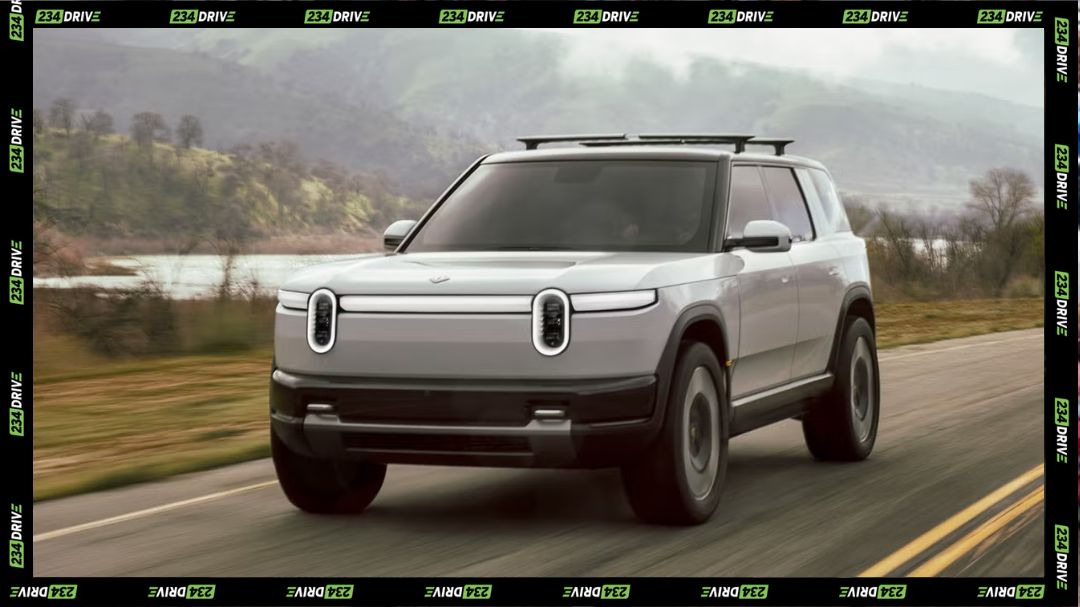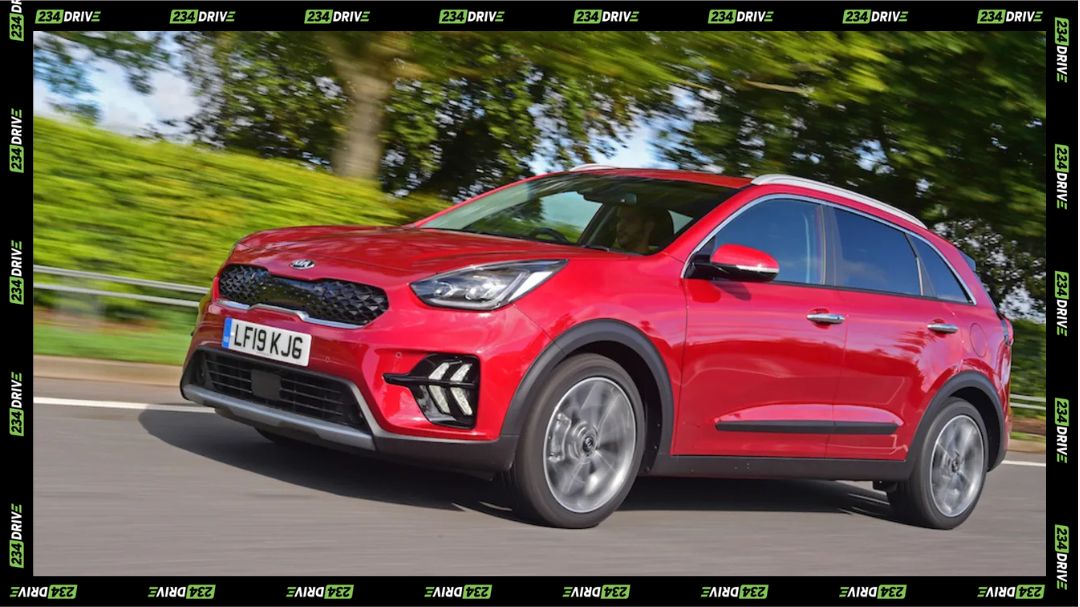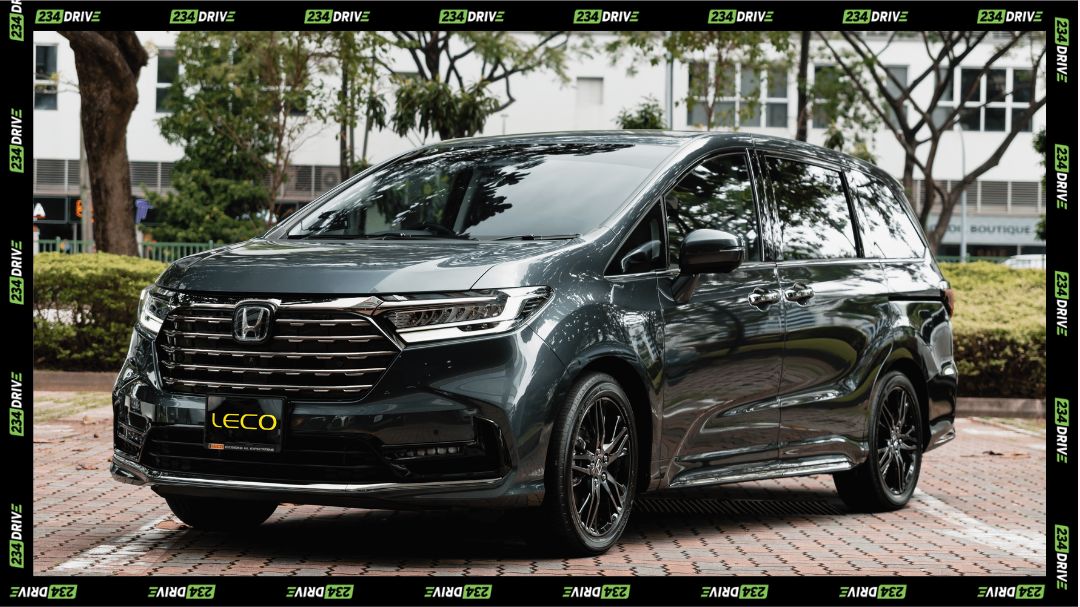Electric vehicles (EVs) are gaining traction in Nigeria as rising petrol prices, energy policy shifts, and growing environmental awareness push buyers toward alternatives. While EV ownership is still new in the country, major brands are beginning to enter the market, and early adopters in Lagos, Abuja, and Port Harcourt are showing that the transition is possible. In 2025, more models and financing options are emerging, creating opportunities for Nigerian drivers to embrace cleaner and more cost-effective mobility.

The Nigerian auto market remains challenging—import duties, limited infrastructure, and inconsistent power supply create obstacles. Yet, global trends and local initiatives are aligning to make EVs more practical. This guide explores the leading electric models available, their design and performance features, how they fit into Nigerian road conditions, and how they compare with rivals. It also highlights ownership realities, costs, and long-term prospects for EVs in the country.
Hyundai Kona EV
The Hyundai Kona EV brings compact SUV proportions with bold lines, a closed grille for aerodynamics, and LED accents that give it a futuristic look. Its elevated ride height and stylish stance make it suitable for Nigerian urban roads, while its global reputation for reliability supports its appeal.

Inside, the Kona EV offers a clean cabin design with digital displays, intuitive infotainment, and comfortable seating for five. Powered by a 64 kWh battery, it produces around 201 hp and delivers a range of up to 482 km. In Nigeria, this means most daily and intercity trips can be managed on a single charge, though charging availability will shape user experience. Prices range between ₦60 million and ₦75 million, available through Stallion Motors.
Jet EV (Assembled in Nigeria)
The Jet EV is assembled locally by Jet Motor Company. Its compact design is simple but practical, featuring aerodynamic curves and urban-friendly dimensions. Assembled in Nigeria, it represents a step toward local EV adoption and pride.
The cabin is functional, with modern infotainment options and adequate seating comfort. With an estimated range of about 260 km, it is more suited for city use than long-distance travel. Its affordability compared to imports makes it appealing to Nigerian buyers, with prices starting at about ₦55 million.
BYD Atto 3
The BYD Atto 3 showcases sharp styling with a crossover SUV body. Distinctive lines, bold grille elements, and LED headlights give it strong visual presence. Its design blends contemporary aesthetics with practical proportions, making it attractive to buyers seeking both efficiency and status.
Inside, the Atto 3 offers high-quality materials, a rotating touchscreen, and spacious seating. Powered by BYD’s Blade battery, it delivers about 430 km of range with strong durability and safety credentials. At a starting price of around ₦45 million, sold by CFAO Motors, it provides a balance of performance and affordability.
Tesla Model 3 (Imported)
The Tesla Model 3 is one of the most recognised EVs globally. Its minimalist silhouette, flush door handles, and clean aerodynamics make it instantly recognisable. On Nigerian roads, it commands prestige and exclusivity, particularly among early adopters and celebrities.
Inside, the Model 3 is dominated by a central touchscreen that controls most vehicle functions. The cabin is modern and minimalist, while performance is exceptional: with variants offering up to 500+ km range and fast acceleration (0–100 km/h in under 6 seconds). Import prices exceed ₦100 million, with availability largely through third-party dealers.
Changan Benni EV
The Changan Benni EV is a compact hatchback aimed at budget-conscious buyers. Its small size and simple design suit congested urban centres. It lacks the imposing presence of SUVs but serves as a practical entry point for EV adoption.

Inside, the Benni EV is basic but functional, offering digital instrument clusters and simple controls. With a range of around 210 km, it is ideal for short commutes. Pricing begins around ₦20 million via online importers, making it one of the most affordable EVs in Nigeria.
Nigerian Context: Suitability and Lifestyle
For Nigerian buyers, EV suitability depends heavily on charging infrastructure and energy access. Lagos and Abuja have emerging public charging points, but most users will rely on home charging through wall sockets or solar-inverter systems. Road conditions also shape choices—SUV-style EVs like the Kona and Atto 3 are better suited to rougher roads compared to smaller hatchbacks. Prestige also plays a role; Tesla buyers often value brand status as much as performance.
EV ownership reduces fuel dependency, a major advantage in the face of fluctuating petrol prices. Maintenance is cheaper since EVs lack oil changes and have fewer moving parts, but battery replacement remains a costly consideration. Buyers must weigh these factors against lifestyle needs and charging availability.
Comparisons and Competitive Landscape
Against rivals, the Hyundai Kona EV leads with its balance of price, range, and SUV practicality. The BYD Atto 3 competes strongly with its modern design and competitive pricing. Locally assembled Jet EVs lower entry costs but trade off range and features. Tesla Model 3 commands prestige but is expensive to import and maintain. Changan Benni EV opens EV ownership to lower budgets but compromises on range and presence.
Compared to petrol SUVs, EVs in Nigeria remain more expensive upfront, but fuel and maintenance savings accumulate over time. Resale values are still developing but expected to improve as adoption grows. Durability is tied to battery quality, with global warranties offering some reassurance for high-end models.
Conclusion
Electric vehicles in Nigeria are no longer experimental—they are available, usable, and increasingly practical. Models like the Hyundai Kona EV and BYD Atto 3 offer realistic entry points for middle- to high-income buyers, while the Tesla Model 3 appeals to those seeking exclusivity. Local options like the Jet EV and affordable imports like the Changan Benni EV broaden accessibility. Ownership comes with challenges—charging, infrastructure, and policy gaps—but also with long-term financial and environmental benefits.
Would you consider an EV in 2025, or wait for infrastructure to catch up?









